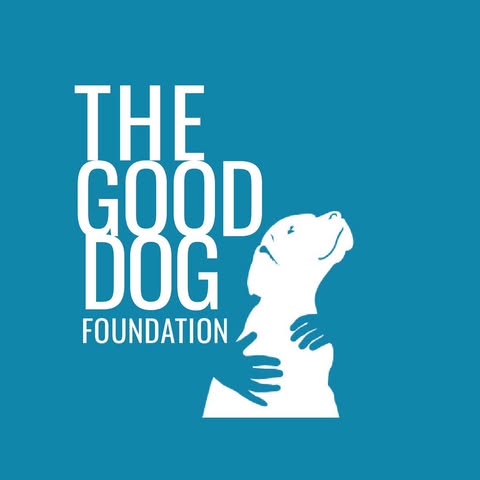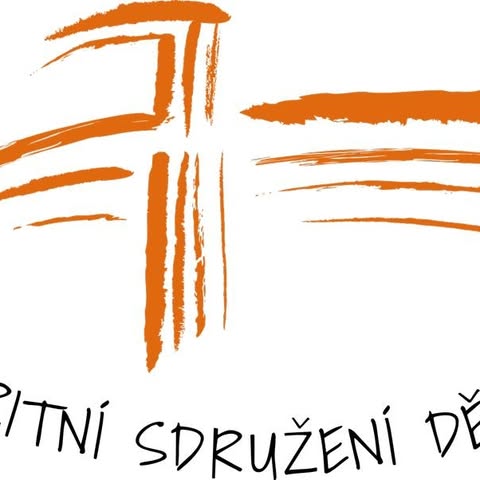
Canine Research Foundation *DGR
52983668217
VIC 3198
oz.dogs.net.au
AustralianCanineResearchFoundation
The Canine Research Foundation Pty Ltd ATF CANINE RESEARCH FOUNDATION is an Australian nonprofit organization dedicated to funding research aimed at improving canine health. Established as a public charitable trust, its primary mission is to support scientific studies focused on the causes, prevention, and potential cures for diseases affecting dogs.
Purpose and Activities
The Foundation provides funding through annual research grants to projects conducted at Australian universities. The research it supports addresses common and serious health problems observed in veterinary practice, including diseases specific to certain dog breeds or conditions applicable across multiple breeds. It emphasizes projects with the potential to significantly impact the health and welfare of canines.
Research funded by the Foundation excludes studies that use dogs merely as models for medical research unrelated to canine health. Additionally, grants are allocated strictly to research activities and are not used for salaries, scholarships, equipment maintenance, or travel expenses.
Funding Sources
The Foundation's funds are generated through several channels, including a levy on puppy registrations from Dogs Victoria, fundraising events, tax-deductible public donations, and bequests. These resources enable the Foundation to maintain its commitment to advancing canine health research across Australia.
Organizational Structure
Operating without full-time employees, the Canine Research Foundation functions as an independent public trust. It collaborates primarily with academic institutions to administer its grant programs and ensure that funded research aligns with its objectives of canine disease prevention and health improvement.
History
Since its inception in 1992, the Canine Research Foundation has been instrumental in promoting research that benefits the health and welfare of dogs in Australia, continuing to build on its legacy as a key supporter of veterinary science in the country.
This summary is based on information provided by official sources regarding the Canine Research Foundation's activities, mission, and structure[1][2][3][4][5].
[1] http://oz.dogs.net.au/crf [2] https://www.acnc.gov.au/charity/charities/7f6a2565-39af-e811-a95e-000d3ad24c60/profile [3] https://oz.dogs.net.au/crf/uploads/documents/CRF_GUIDELINES_2024_Final.pdf [4] https://www.acnc.gov.au/charity/charities/7f6a2565-39af-e811-a95e-000d3ad24c60/documents/5b8f834b-644e-eb11-bb23-000d3ad1cd99 [5] https://dogsvictoria.org.au/about/canine-health-foundation/
Podobné organizace
The Australian Companion Animal Health Foundation |
|
Shepherd Foundation Nominees Pty. Limited |
|
Dog Rescue Inc |
|
Feline Health Research Fund |
|
Companion Animal Network Foundation |
Podobné organizace global
THE GOOD DOG FOUNDATION, INC. |
|
NATIONAL CANINE CANCER FOUNDATION INC |
|
Dog Rehoming Project |
|
Forgotten Dogs Foundation |
|
For the Puppies Foundation |
Podobně sociální sítě (239)
TK Slavia Plzeň z.s.240 |
|
DS AMARTUM, z.s.240 |
|
Charitní sdružení Děčín, z. s.240 |
|
Pěvecký sbor Slavoj z.s.241 |
|
TJ Sokol Krmelín, z.s.240 |
Více Ochrana zvířat a welfare (zahrnuje humanitní společnosti a SPCAs)
Save-Elephants, z.s.Třinec |
|
Zdraví pro zvířata z.s.Havířov |
|
Spolek pro Faunapark ve Frýdku-MístkuFrýdek-Místek |
|
Hafiáda, z.s.Nýdek |
|
Čtyřlístek pro hafany, z.s.Albrechtice |
Novinky
Congratulations to the following research teams who have received funding from the Australian Canine Research Foundation for 2024. In no particular order: (1) Prof Phil Darcy (Peter MacCallum Cancer Centre) Generating early phenotype CAR-T therapy for solid tumours in dogs ($20,000) Treatment of solid cancers in pet dogs, such as bone cancer, relies on traditional chemotherapy, which fails to confer long-term survival in the majority of treated dogs. Chimeric antigen receptor (CAR)-T cell therapy uses a patient’s own immune cells, which are engineered to target and kill cancer cells. This therapy has revolutionised the treatment of blood cancers in people, and there is ongoing research to develop this therapy for solid cancers in people. We aim to develop CAR-T immunotherapy for treatment of solid cancers in pet dogs, using a more effective CAR-T cell that has been developed in our lab. If successful, this more effective CAR-T therapy could significantly improve the quality of life and survival of pet dogs with solid tumours. (2) Assoc Prof Natali Krekeler (University of Melbourne) Evaluation of candidates against uropathogenic Escherichia coli in a murine model of canine endometritis ($14,500) Pyometra is a debilitating uterine infection affecting intact female dogs. This condition is potentially lethal if not treated early as septicaemic shock and multi-organ dysfunction often ensue. So far, there is no medical prophylaxis available and elective spaying is currently the only preventive measure available to control the disease, but this leads to the complete loss of the breeding capacity of the female dog. Over the past few years our research group has worked towards developing a bacterial vaccine targeting Escherichia coli which is the main causative agent of pyometra. Three bacterial vaccine candidates have been developed and their in vitro growth and phenotypic behaviour has been characterised. A successful mouse model of canine endometritis was developed during pre-clinical vaccine trials in recent years. Mice were inoculated subcutaneously and intravaginally. The intravaginal route has the advantage that mucosal immunity can be achieved, which leads to local antibody secretion in the reproductive tract itself. While antibody secretion was achieved with the intravaginal route, the subcutaneous application resulted in local reactions. We hypothesise that intranasal inoculation will lead to improved antibody secretion as this has been shown in human vaccine studies. Furthermore, we hypothesise that a killed variant of our vaccine will result in reduced adverse reactions. The main aims of the study are to evaluate the safety and efficacy of our vaccine when applied intranasally and also when a killed variant is inoculated subcutaneously. Finding the optimal route and type of vaccine is paramount before we can move into trials in dogs. (3) Dr Swaid Abdullah (University of Queensland) Sylvatic maintenance of Ehrlichia canis in the wild canid population ($14,893) Ehrlichiosis is caused by the bacteria Ehrlichia canis, transmitted by the brown dog tick. It is a nationally notifiable disease in Australia. Dogs suffering from ehrlichiosis can be presented with a wide range of deliberating clinical signs that can persist for long term, if treatment fails. Because the disease has only recently been introduced to Australia, most dogs do not have immunity against the disease, making them high risk of severe disease and potential death. Recent findings suggest E. canis may be more widespread than reported and needs further investigation. This study aims to explore the potential existence and transmission of E. canis among wild dogs and foxes and the associated risk of further spread into other potential regions of Australia. It is expected that results will help more educated decision around prevention and control of this disease. (fb)
The Canine Research Foundation AGM will be held this week. Outcomes for the 2024 Funding Round will be finalised and outcomes will be sent later this week. Thank you all for your patience. (fb)

Poslední komentáře
🐾 So excited to see the positive impact the Canine Research Foundation is making for our beloved fur friends! Together, we can create a healthier future for all dogs! ❤️🐶detail |
|
👏 A huge shoutout to the Canine Research Foundation for their dedication to breeding healthier dogs and advancing canine health research! Every effort counts in making a difference! 🐕✨detail |
Poslední diskuze
1. What are the key indicators of a successful breeding program for sound and healthy dogs, and how can the Canine Research Foundation enhance these practices within the Australian canine community?Odpovědí: 3, Naposledy před 1 den detail |
|
2. In what ways can research conducted by the Canine Research Foundation lead to innovations in treatment and prevention of common canine diseases?Odpovědí: 3, Naposledy před 1 den detail |
V okolí
4.5
VIC 3198
O společnosti
- D20, E81, V30 -
Canine Research Foundation DGR Canine Research Foundation Pty Ltd ATF Canine Research Foundation Better breeding to reduce instances of canine disease and enabling better treatments through research The CRF is a Trust governed by our Trust Deed and must comply with the ACNChttpswww. acnc. gov. au Find us on Facebook httpswww.
Ochrana zvířat a welfare (zahrnuje humanitní společnosti a SPCAs) Mezidisciplinární výzkum




















